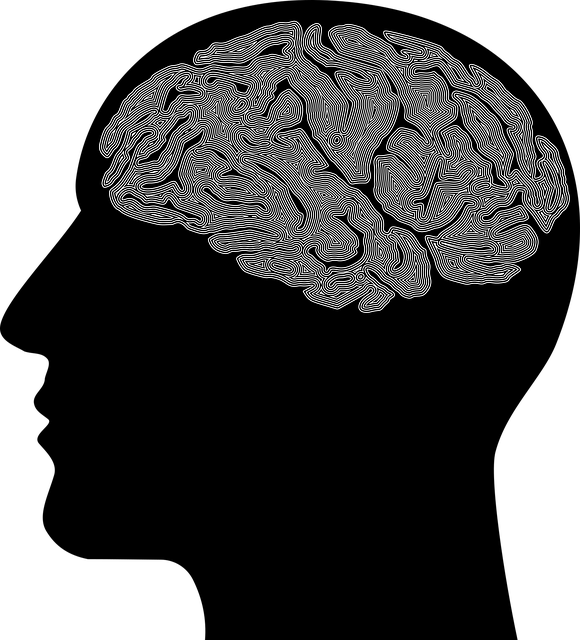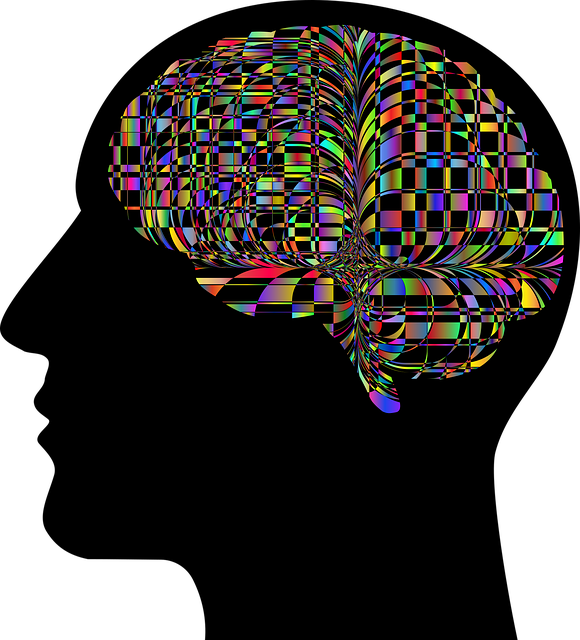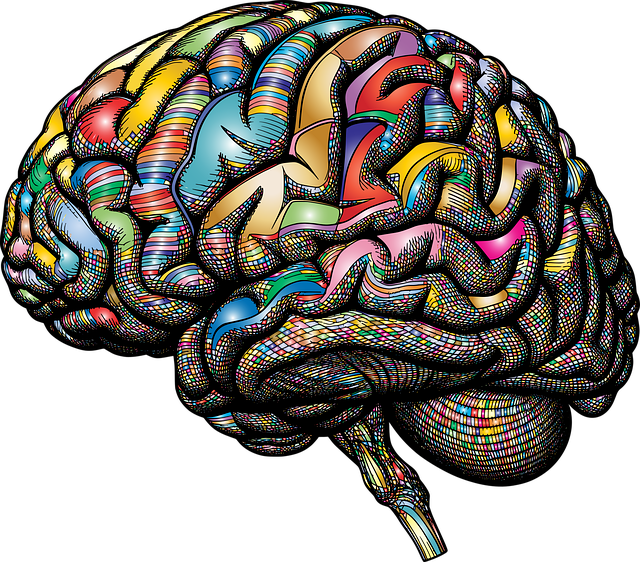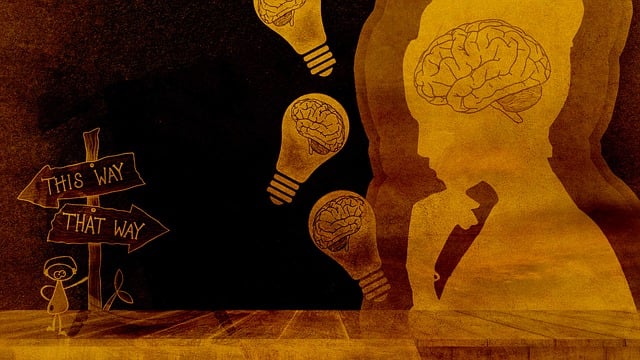Mental health professionals are leveraging advanced tools like digital apps and standardized questionnaires, along with enhanced training, to improve diagnosis accuracy. Integrating substance abuse treatment with mental illness therapy is key, addressing co-occurring disorders and fostering holistic patient care. A patient-centric approach, encouraged by awareness campaigns and educational initiatives, empowers individuals to actively participate in their care, leading to more precise diagnoses, especially for dual diagnosis cases. These strategies collectively enhance diagnosis accuracy and improve long-term outcomes for adults struggling with drug abuse.
Mental illness diagnosis accuracy is a critical aspect of patient care, crucial for effective treatment. This article explores innovative efforts to enhance diagnostic tools and techniques for mental health professionals, addressing challenges in identifying conditions like substance abuse and co-occurring disorders. We delve into strategies such as integrating substance abuse treatment with mental illness therapy and adopting patient-centric approaches that prioritize individual needs. By focusing on these advancements, we aim to improve diagnosis accuracy and ultimately enhance therapeutic outcomes for adults struggling with drug abuse.
- Enhancing Diagnostic Tools and Techniques for Mental Health Professionals
- Integrating Substance Abuse Treatment with Mental Illness Therapy
- Patient-Centric Approaches to Improve Diagnosis Accuracy and Treatment Outcomes
Enhancing Diagnostic Tools and Techniques for Mental Health Professionals

Mental health professionals are continually striving to improve diagnosis accuracy for various mental illnesses. This involves enhancing diagnostic tools and techniques to ensure more precise assessments. One significant approach is integrating advanced psychological assessment methods, such as standardized questionnaires and interviews, which can capture subtle symptoms and provide a comprehensive overview of an individual’s mental state. Additionally, incorporating technology like digital mental health apps offers remote assessment options, allowing for earlier interventions and continuous monitoring of patient progress.
Furthermore, training programs play a pivotal role in boosting professionals’ confidence and resilience in diagnosing complex cases. By learning from diverse clinical scenarios and receiving guidance on the latest research, healthcare providers can improve their skills. This not only enhances diagnosis accuracy but also aids in preventing burnout, fostering a more supportive work environment. The focus on building resilience enables professionals to navigate challenging situations effectively, ensuring better patient outcomes.
Integrating Substance Abuse Treatment with Mental Illness Therapy

Integrating substance abuse treatment with mental illness therapy is a critical approach to enhancing diagnosis accuracy and overall patient care. Many individuals struggling with mental health issues also face challenges related to drug or alcohol abuse, creating a complex interplay that requires comprehensive treatment strategies. By combining these two aspects of healthcare, therapists can provide more effective support. This integrated method allows for a holistic understanding of the patient’s struggles, considering both their psychological and substance-related needs.
The public awareness campaigns development and burnout prevention strategies for healthcare providers play a vital role in this integration process. Educating both patients and professionals about the interconnectedness of mental illness and substance abuse can reduce stigma and encourage individuals to seek help without fear of judgment. Moreover, promoting mental wellness through these initiatives ensures that individuals receive timely interventions, leading to improved diagnosis accuracy and better long-term outcomes.
Patient-Centric Approaches to Improve Diagnosis Accuracy and Treatment Outcomes

In recent years, patient-centric approaches have emerged as a powerful tool to enhance mental illness diagnosis accuracy and improve treatment outcomes. These strategies focus on empowering individuals to actively participate in their care, fostering open communication between patients and healthcare providers. By encouraging patients to share their unique perspectives and experiences, therapists can gain deeper insights into symptoms, triggers, and personal challenges. This collaborative process enables more precise diagnoses, particularly for complex conditions like dual diagnosis (co-occurring mental health and substance abuse disorders), which has seen a rise in recognition and treatment options such as therapy for adults with drug abuse-substance abuse issues.
Mental health awareness campaigns and educational initiatives play a pivotal role in this patient-centric paradigm shift. The Mental Wellness Podcast Series Production, for instance, offers accessible platforms to discuss various mental health topics, destigmatizing conversations around diagnosis and treatment. Similarly, Healthcare Provider Cultural Competency Training equips professionals with the skills to understand and appreciate the diverse cultural backgrounds of their patients, ensuring more inclusive and accurate assessments. These initiatives collectively contribute to a more patient-centric healthcare system, where mental wellness is prioritized and diagnosed with increased accuracy and empathy.
Mental illness diagnosis accuracy is a multifaceted issue that requires continuous improvement. By enhancing diagnostic tools, integrating substance abuse treatment with mental health therapy, and adopting patient-centric approaches, healthcare professionals can achieve better outcomes for adults struggling with drug abuse and co-occurring disorders. These efforts not only improve individual lives but also contribute to a more effective and compassionate mental health care system as a whole.














